Biden orders review of ‘domestic violent extremism’ threat in US
US President Joe Biden has directed law enforcement and intelligence agencies in the United States to conduct a comprehensive assessment of “domestic violent extremism,” a phenomenon that officials call a pressing national security threat.
President Biden on Friday ordered the Office of Director of National Intelligence to task the FBI and Department of Homeland Security with conducting a joint threat assessment on domestic violence extremism, White House Press Secretary Jen Psaki told reporters later in the afternoon.
“The Jan. 6 assault on the Capitol and the tragic deaths and destruction that occurred underscored what we all know: The rise of domestic violent extremism is a serious and growing national security threat,” Psaki said, adding that the Biden administration “will approach this threat with the necessary resources and resolve.”
The threat assessment will be used as a foundation to develop policy to confront the growing threat of violent extremism in the country.
“The key point here is that we want fact-based analysis upon which we can shape policy,” the White House spokesperson said. “So this is really the first step in the process, and we will rely on our appropriate law enforcement and intelligence officials to provide that analysis.”
The involvement of the national intelligence office -- a senior-level agency created after the September 11, 2001 attacks to oversee the sprawling US intelligence community -- indicates that authorities are looking into how to pivot from international terrorism to the more pressing threat of domestic extremism.
The National Security Council will also carry out a separate policy review to see how information about the threat can be better shared across the US government, Psaki said.
Rep. Adam Schiff, the Democratic chair of the House Intelligence Committee, said it was “critical” that the new administration appeared to be taking the threat of domestic extremism seriously.
“In particular, far-right, white supremacist extremism, nurtured on online platforms, has become one of the most dangerous threats to our nation,” Schiff said.
The violent assault on the Capitol, which promoted the House to impeach former President Donald Trump for an unprecedented second time last week, raised questions about whether the US national security apparatus that for decades has focused on thwarting attacks from foreign terror groups is equipped to confront the threat of domestic terrorism.
More than 140 people have been charged in connection with the riot, including some members of far-right militia groups. The assault led to the deaths of a police officer, a rioter and three others.
Big questions remain about the extent to which the intelligence community knew about the potential for violence on January 6, when Congress convened to certify Biden’s election victory, especially in light of Trump's incendiary language.
Security experts believe there was a systemic failure across multiple law enforcement and intelligence agencies, including the FBI, DHS and the DC and Capitol Police, all of which were aware of information about threats of violence on social media but failed to act accordingly.
The issue of domestic extremism has repeatedly resurfaced as a topic of national debate over the years after different attacks, including the 2018 shooting rampage at a synagogue in Pittsburgh.
Protests sweep US as Trump administration defends ICE agent in fatal shooting
‘Yankees go home’: Colombian protesters decry Trump’s military threats
Yemen’s UAE-allied separatist leader flees to Abu Dhabi via Somaliland
VIDEO | Press TV's news headlines
Trump floats ‘Dream Military’ fueled by record $1.5-trillion budget
Iran: US interventionism aimed at inciting violence, terrorism
VIDEO | Tunisian parties denounce Trump’s foreign policy as violation of intl. law
Trump’s immigration crackdown turns deadly; president says killer acted in ‘self-defense’


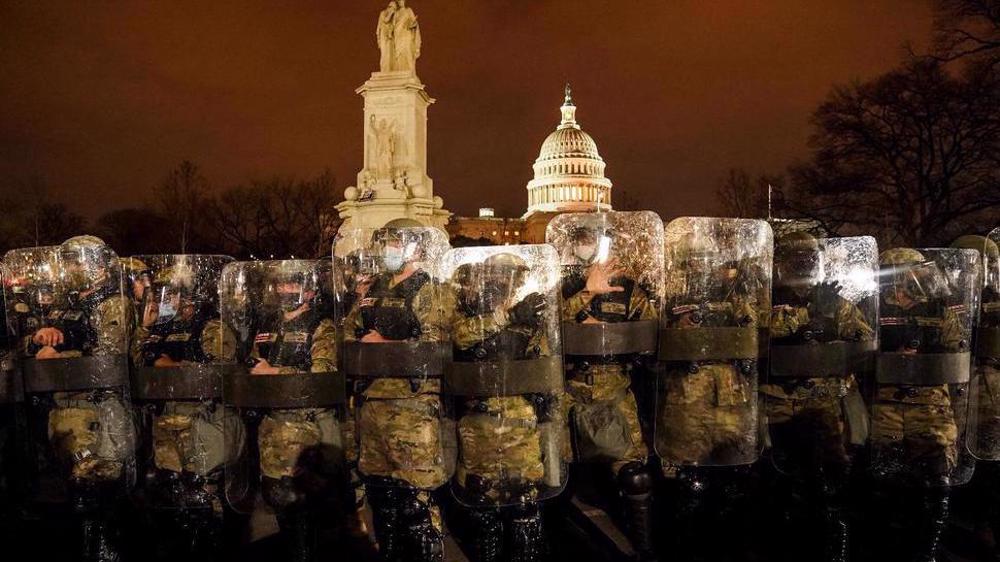


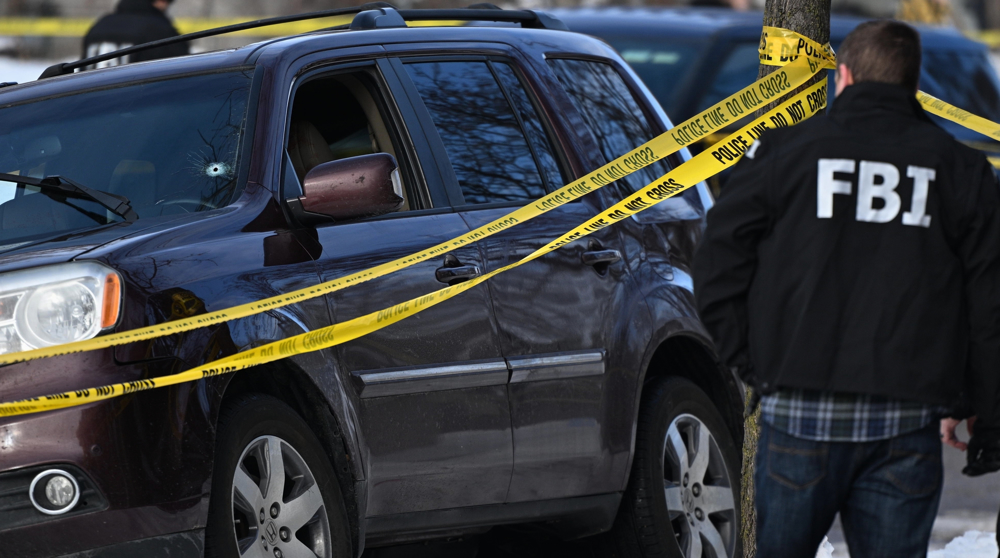





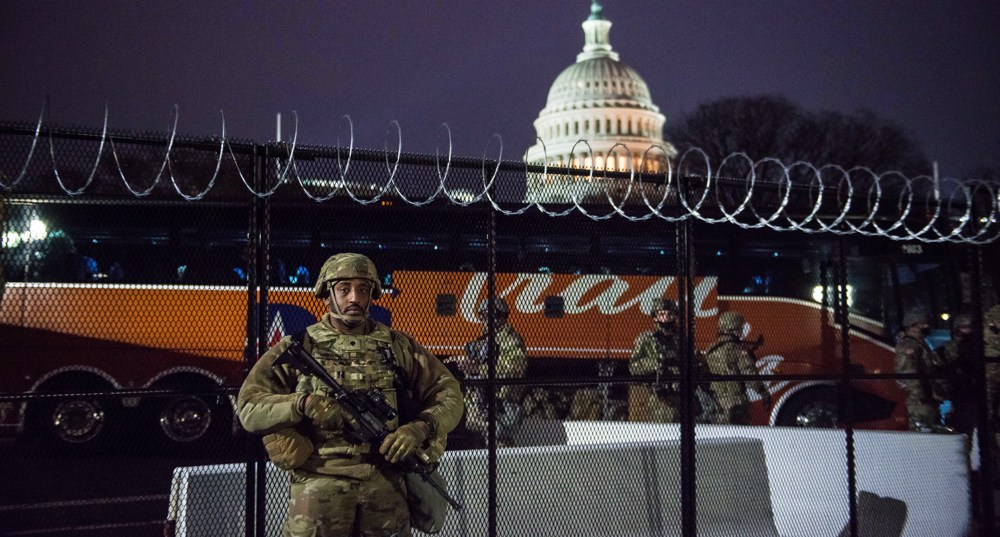
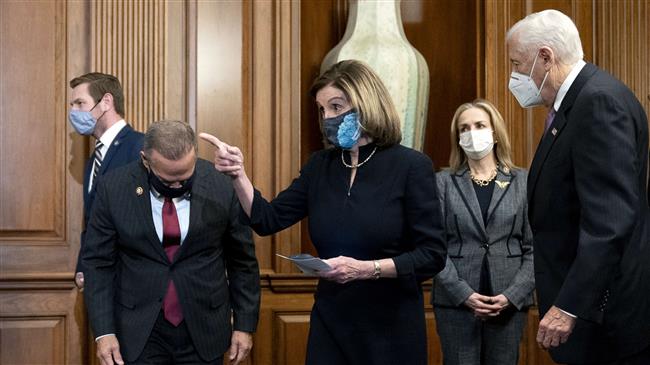
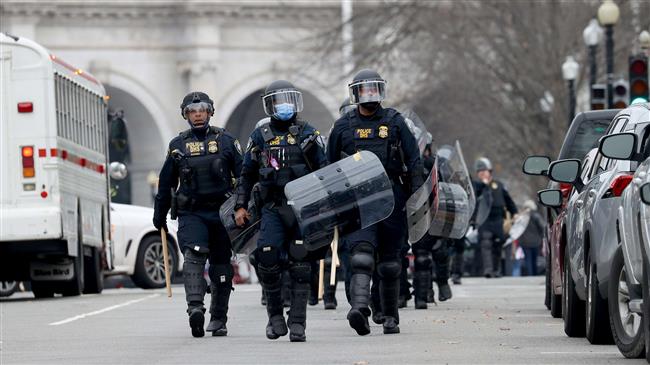
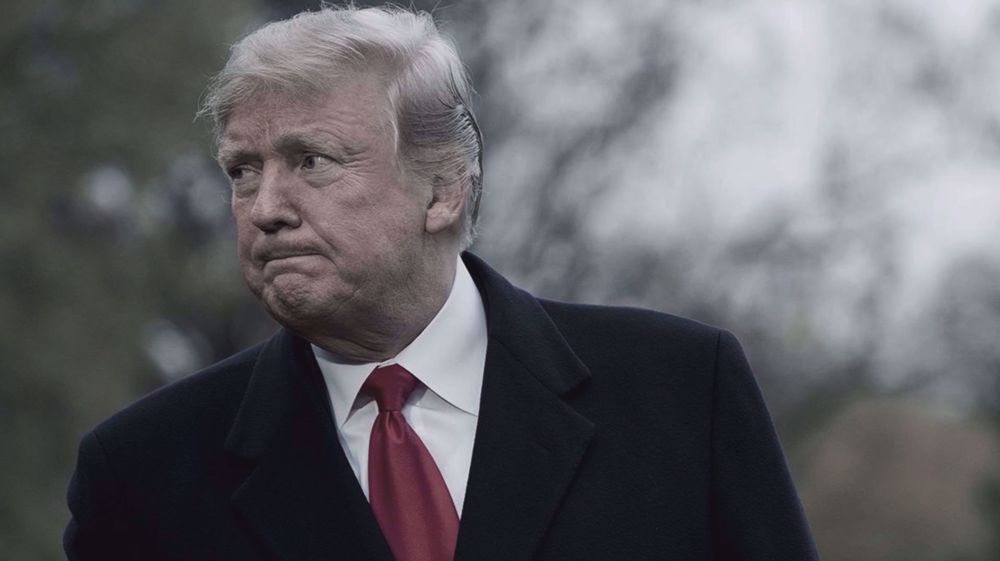
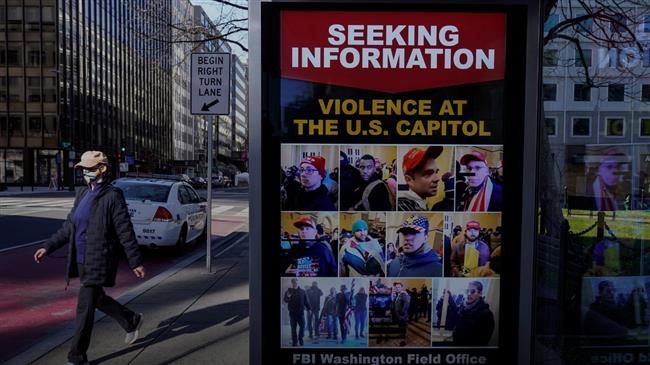

 This makes it easy to access the Press TV website
This makes it easy to access the Press TV website